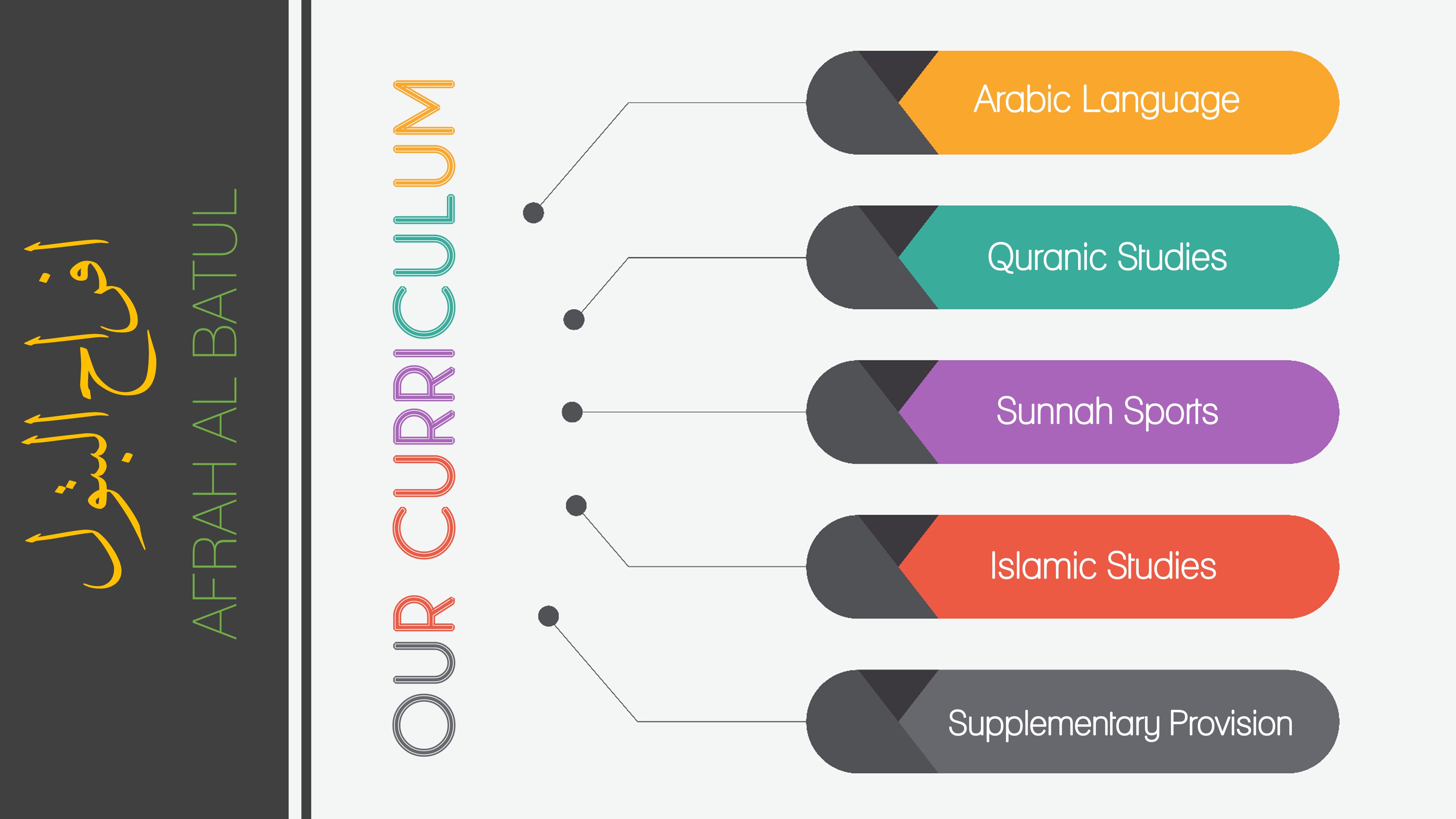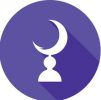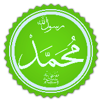Search Here
our curriculum
AFRAH AL BATUL


Qur'anic Studies
Pupils will be taught a phonetic approach to reading the Qur’an, which aims to achieve fluency of reading within KS1 (5-7). This is followed by a focus on Tajweed rules, memorisation and an understanding of the memorised verses through Qur’anic Exegesis [Tafsir] by the end of KS2 (7-11). A theme of implementation of the lessons learnt within the Qur’an will be embedded across the curriculum.

Arabic Language
We will incorporate the reading of the Arabic language from Qur’anic Studies, with writing, speaking and listening within Arabic. Pupils will begin with basic conversational Arabic, learn common vocabulary and be able to respond to common commands by the end of KS1. They will be encouraged to use all four skills of the language in their everyday life. Early KS2 will focus on fluency in writing, moving onto understanding grammatical concepts and vocabulary in a wider context. Pupils are expected to have fluency in Arabic by the end of KS2, in order to begin accessing Arabic texts by KS3.

Aqidah
Students will learn the 3 core strands of belief built upon the testimony of faith; Divinity: The study of God’s essence, attributes and acts including His books. Prophecy: Our belief in Prophets and Messengers. Eschatology: The Unseen World including; angels, signs of the end of time and life after death.

Fiqh
Fiqh is the methodology of performing the remaining four pillars of Islam; Prayer, Fasting, Charity and Pilgrimage. Through the principle of knowledge and implementation, pupils will learn all the rulings along with wisdoms concerning the above pillars of Islam.

Seerah
Pupils will learn about the life of the beloved Prophet Muhammad (SAW) including, sciences known as Prophetic Qualities [Shama’il] and the History of Islam [Tareekh], after the Prophet (SAW) left this world.

Ihsan
To nurture holistic development, we have a cross-curricular and thematic approach to teaching all the subjects, where often the themes focusing on morals, character development and etiquettes within Islam, are taken from this subject known as Ihsan.

Hadith
Pupils will memorise with understanding, a number of Hadith each year with an expectation to implement the lessons learnt from each one. Certain Ahadith will be set as themes across the curriculum.

Archery
Archery nurtures great wisdom as it develops the intellect through acquiring precision, and it is no surprise that our Prophet (SAW) was a trained archer from a very young age, and the companions were known to practise archery from dusk to dawn. The Archery syllabus will be based on the Archery GB Awards Scheme, including a study of the 40 Hadith on Archery.

Horse Riding
Horse Riding is related to tempering the lower self, so that it follows the command of divine revelation and our intellect. Scholars have linked training the lower self with the training of a horse. The fastest Arabian racehorses of today all trace their lineage back to the horses trained by the Messenger (SAW). Our syllabus is based on the Pony Club Awards Scheme and other riding techniques.

Swimming
The Prophet (SAW) learnt to swim (Sibaha) and dive (‘Awm) in the wells of Najjar, during his childhood in Madina. Swimming creates a just balance within the soul and tranquillity with God.Our syllabus is based on the ASA (Amateur Swimming Association) and NPTS (National Plan for the Teaching of Swimming) Awards Scheme.

Wrestling
He (SAW) defeated the greatest wrestler of Arabia, named Rukana with ease and the companions would wrestle within the Mosque. Wrestling is an art, which relates directly to controlling anger. The syllabus will follow the BWA Awards Scheme, moving onto Brazilian Jiu Jitsu. The syllabus will follow the BWA Awards Scheme, moving onto Brazilian Jiu Jitsu.

Daff & Nasheeds

Calligraphy

Sunnah Snacks

Nature
There are certain ingredients that cannot be classified as a single subject but are integral to the development of a wholesome child. Some examples of this include; Daff Workshops, Calligraphy Classes, Sunnah snacks, visits from external experts in various fields, connect to nature projects (horticulture, animals, and outdoor activities), charity projects and extra-curricular sports such as football.
DOWNLOAD THE CURRICULUM
A good education is a right of the child. We aim to fulfil this right, by catering for the child holistically through; a clear vision, competent team of staff, a broad and balanced curriculum, measured safeguarding processes, a fun and healthy environment and above all a genuine concern to provide the best for our children.